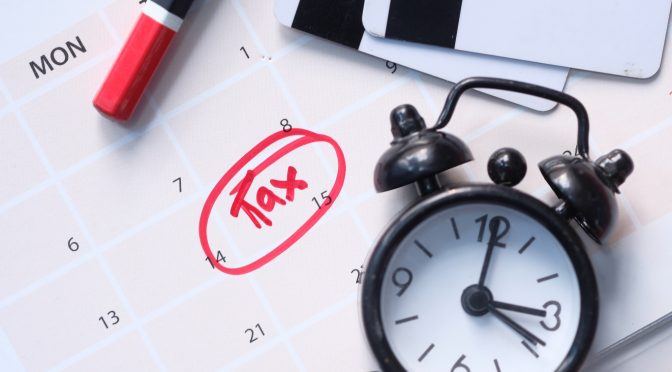
Taxpayers have until Friday 3 March to pay 2021/22 self assessment tax bills or face penalties equal to 5% of the outstanding tax.
The first late payment penalty is calculated at 5% of the amount for 2021/22 still outstanding on 3 March 2023.
If you agree a time to pay arrangement with HMRC and do not make the payments on time as agreed, HMRC may charge late payment penalties as if the arrangement never existed.
‘If you are late in paying amounts owed, then you will owe late payment interest on the outstanding amounts,’ warned the Low Incomes Tax Reform Group (LITRG).
‘The rate of interest on late payments is significantly higher than it has been in recent years. From 21 February 2023, the rate was 6.5% per year. There is no right of appeal against late payment interest.’
Taxpayers who owe payments on account for 2022/23, then the first of these was also payable on 31 January 2023. However, these are not subject to late payment penalties.
It is possible to appeal late payment penalties if you have a reasonable excuse for not making the payment by the original payment deadline of 31 January 2023. However, there is no appeal if payment is made late, even if it is before 2 March 2023.
HMRC define a reasonable excuse as something which means you did not meet an obligation which you took reasonable care to meet. For example, you may have taken all reasonable action to ensure the payment is made on time, but a banking error beyond your control meant that HMRC did not receive the payment.
For an appeal to be successful, it is important to ensure the payment is made without unreasonable delay after the reasonable excuse ended.
Even if you do not have a reasonable excuse, it is technically possible for HMRC to reduce the penalty amount if there are special circumstances. However, this is at HMRC’s discretion, and such cases would be uncommon and exceptional. In most cases where there are special circumstances, a reasonable excuse would usually exist alongside them.
Insufficiency of funds or inability to pay is not, by itself, a reasonable excuse (or special circumstances). But the underlying causes may be.







